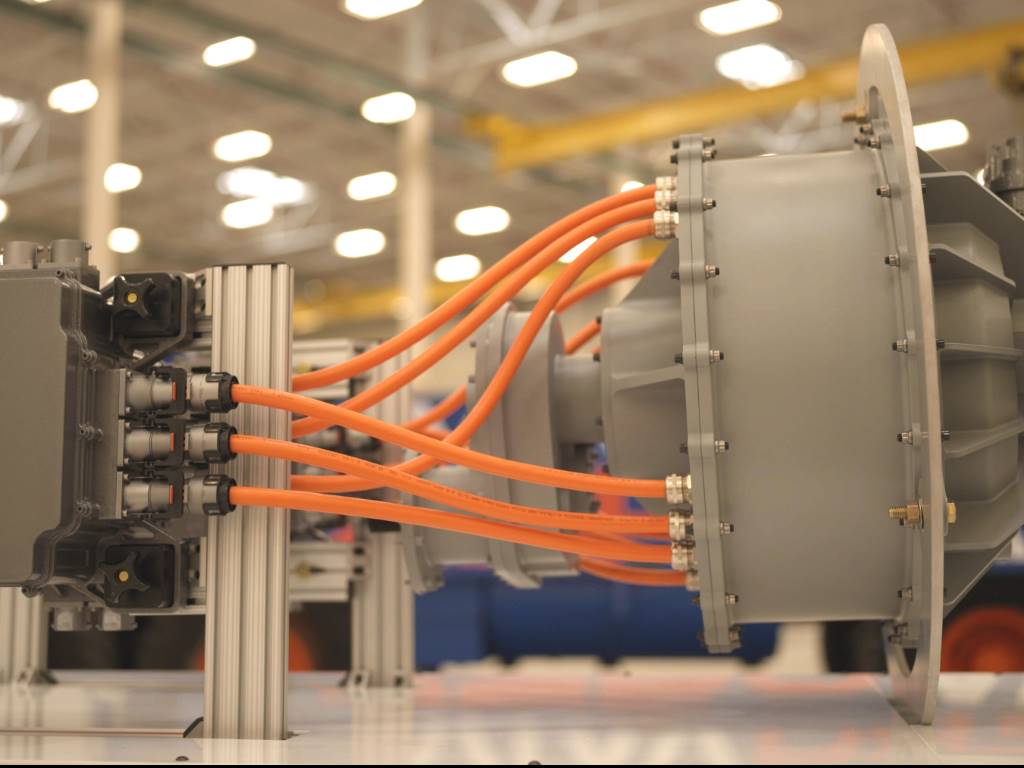A supply chain transformation

thyssenkrupp Aerospace reveals how it is helping to shape the future of the materials supply chain.
Over the past four years the aerospace and defence industry (A&D), and in particular its supply chain, has been under unprecedented pressure. Companies in the sector all over the world have been reeling from the massive disruption caused by the Boeing 737-Max tragedy, closely followed by the outbreak of the Covid-19 pandemic, and now the horrific Russia-Ukraine war.
Even before these tragic events, there had been clear signals that the A&D supply chain was fragile and lacking resilience. Supply chain vulnerabilities have been exposed by everything from geopolitical events, regulatory changes, natural disasters, terrorism, and cyber-attacks. The geographic location of materials and parts production, lack of visibility and the poor communication that arises because of the large number of disparate supply chain partners make it particularly susceptible to volatility, uncertainty, complexity and ambiguity (VUCA).
Many A&D executives are prioritising supply chain transformation and making it a strategic imperative. This is a direct response to the fact disruptions to supply chain operations have intensified in the past few years. Others are choosing to focus on their core competencies - manufacturing - and outsourcing supply chain management to other value chain partners.
Thanks to its long-standing partnerships with big OEMs, thyssenkrupp Aerospace has become an expert at developing tailor-made supply chain solutions for the A&D industry. The company has been working on a transformation strategy that will enable it to manage the supply chain for its customers, leaving them to focus on their core business. In line with its mother company thyssenkrupp Materials Services, thyssenkrupp Aerospace calls this strategic approach Materials as a Service (MaaS).
The future is digital
In comparison to other major industries, A&D has been slow to adopt digital technologies owing to long development cycles and an older workforce, among other factors. But digitalisation is in fact the key to making the supply chain more resilient, transparent, efficient and sustainable. thyssenkrupp Aerospace has enhanced its digital, supply chain, and logistics capabilities and merged these with its longstanding experience and knowledge of materials, warehousing and processing. This strategic shift in its core business - supplying materials - has now made thyssenkrupp Aerospace a leading provider of customised supply chain services.

The company manages entire supply chain eco-systems on behalf of its customers, including various subcontractors and raw materials providers, resources, or locations, to develop and maintain fully-integrated and optimised supply chain solutions. It also offers supply chain consulting and execution. This involves using digital technologies to develop and run a ‘control tower’ from which thyssenkrupp Aerospace manages parts of its customers’ supply chains.
A truly global reach
The A&D industry is spread all over the world, and so is thyssenkrupp Aerospace. The company counts on a network of more than 40 sites and more than 3,500 customers in over 20 countries. With its global reach, and empowered by digital tools, the supply chain expert supports its customers from Seattle to Sydney.
It is the mission of thyssenkrupp Aerospace to shape the future of the materials supply chain. The company is in a position to do this thanks to the combination of its materials experience and its supply chain and digital control tower services. Intelligently linking its materials distribution business and supply chain services enables thyssenkrupp Aerospace to meet the changing needs of its customers and make their supply chains flexible, resilient, and transparent. Nobody can prevent the next VUCA event, but a more robust and transparent supply chain will at least future-proof the industry and help mitigate the impacts of those to come.













